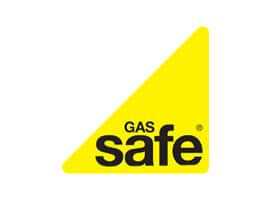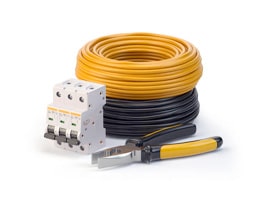- Home
- Electrical Certificates
- Gas Certificates
- EPC
- PAT Testing
- Property Services
- News
- About
- Contact
New legislation on electrical safety is being passed in many countries due to the potential dangers of electricity mismanagement.
The MHCLG – Ministry of Housing, Communities, and Local Government, has introduced legislation with regards to electrical safety in England. The law states that landlords will need to provide electrical certificates for their properties.
Who’s Affected? What Changes? What Does The Legislation Mean For You?
The transitional period is for two years with the private tenancies being affected first and then the existing tenancies.
In further detail, from 1st July 2020, the draft regulations assert that the landlord is to ensure that all electrical installations in his property are inspected and tested by professionals. This is to be done before the start of a new private tenancy.
The landlord is to continue said inspection every five years. However, the frequency or lack there off depends on the recent safety report. By 1st April 2021, existing tenancies will have to carry out regular safety checks.
There’s More
Additionally, any property that has a valid EICR – Electrical Installation Condition Report, will not need to replace it for the next five years from the issued date. However, the EICR must be checked and verified as authentic by an agent. Further, the inspector conducting the check must meet the required qualifications and must be competent for the job.
If a breach in regulations is detected by the local housing authorities, then a financial penalty can be imposed. The amount set will be determined by the authority in charge of the inspections, however, this amount will not exceed £30,000.
Duties of The Landlord After Inspection
1. Once the inspection of electrical installations is complete, the landlord needs to ensure he receives a report from the inspector. A copy of this report must be sent to each existing tenant within 28 days.
2. If requested, a copy of the report must be sent to the local authorities within seven days.
3. A copy of the report must be given to the inspector during the next inspection.
4. If there are new tenancies, a copy of the report of a recent inspection must be given, before they move in.
In case Faults are Identified
If the issued report identifies any faults, then the local housing authority must issue a remedial notice to the landlord. This notice must specify the actions the landlord failed to take and further specify the remedial action that needs to be taken.
The landlord must identify and get the issues fixed within 28 days or the timeframe set in the report. Landlord Certificates provides qualified, competent electrical engineers to carry out inspections.
After the repairs are complete the landlord must ensure a receipt of confirmation stating that the identified faults have been fixed. In case there is further work required, that also must be mentioned. A copy of this report is to be given to existing tenants and the local housing committee within 28 days.
If there is further work this process continues. It is important to save all receipts during this process for the next inspection. However, if the landlord does not take action and fix the issues, the local housing authority can take remedial action as specified in the remedial notice.
A notice will be issued by the local housing authority. This is with regard to the type of remedial action that will be taken based on the remedial notice. They will also notice the landlord about the date when said action will be undertaken.
Excluded Tenancies
1. Tenancies where their landlord is a private registered provider of social housing.
2. A member of the landlord’s family.
3. Landlords who have given accommodation to students or the property is used as a hall of residence.
4. Landlords using their building as a hostel or refuge.
Other excluded tenancies and detailed explanations can be found in the regulations (external link).
What Next?
This law is being implemented to keep people safe. Don’t break the law! Having an electrical certificate is important, not just because it is a directive from the government, it will also keep you and your family safe.




